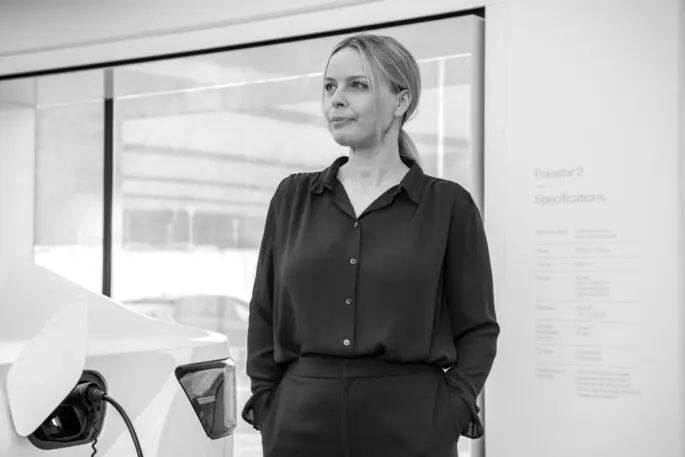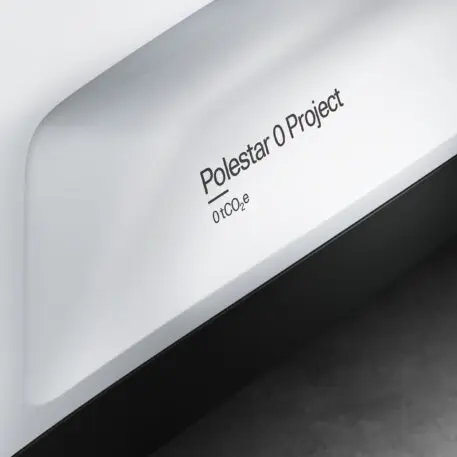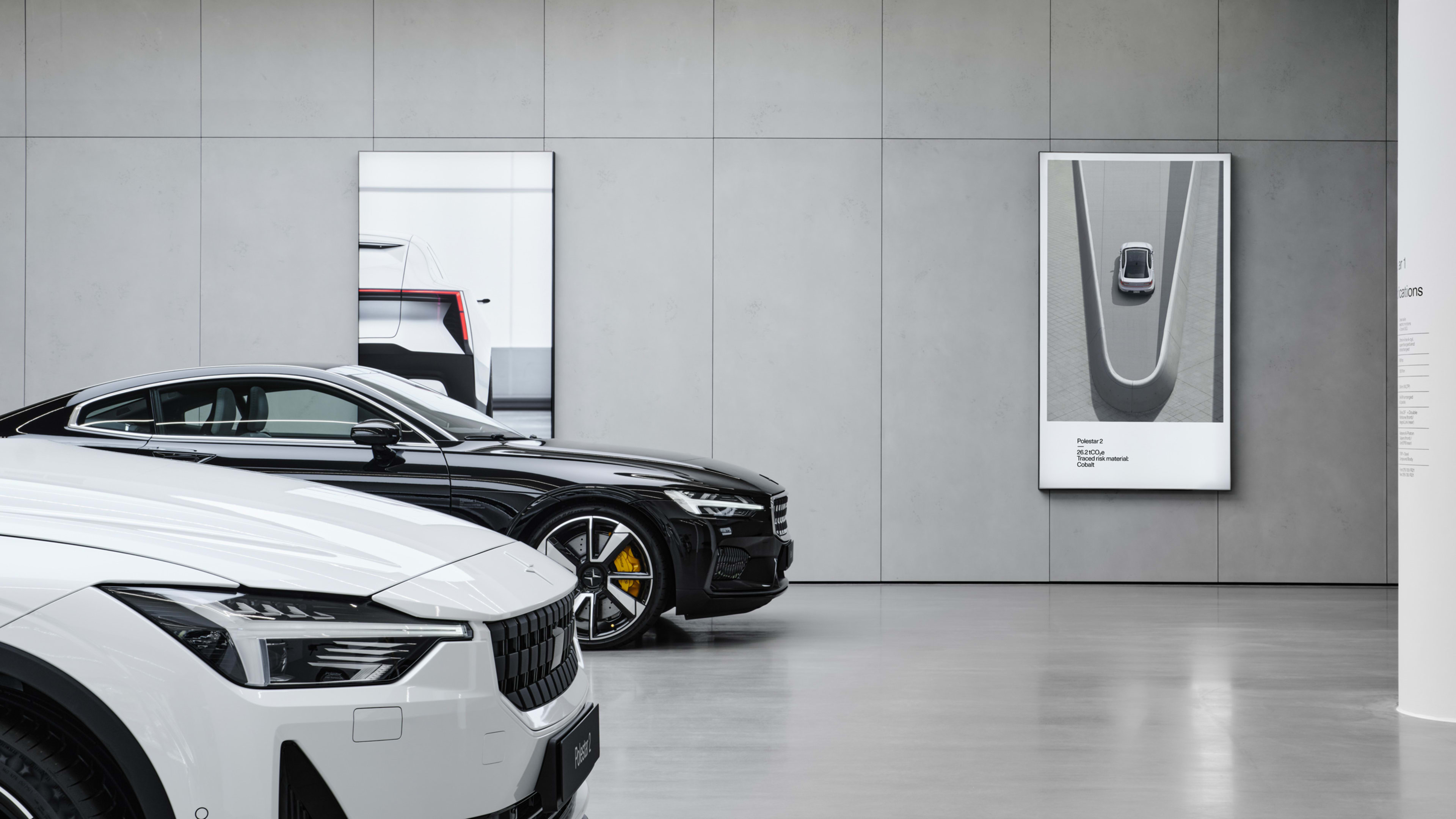When companies make a “carbon-neutral” product, it usually involves buying carbon offsets that support projects like reforestation in distant forests. Forests need the help—but it doesn’t eliminate the fact that making the product itself is still a source of pollution. Polestar, a Swedish electric car company owned by Volvo, is taking a different approach: The newest car it’s designing aims to completely eliminate emissions in manufacturing without the use of offsets. “Offsetting is a cop-out,” Thomas Ingenlath, Polestar CEO, said in a statement.
The company plans to reach net zero overall by 2040, but the new climate-neutral car will come out by 2030. “We really want to listen to the scientists telling us that it’s not only [whether] we reach net zero that is important, but also how fast we get there,” says Fredrika Klarén, the company’s head of sustainability. “So we decided to really create this moonshot goal for ourselves to create a climate-neutral car in 2030 that will enable us to hopefully find solutions that let us radically reduce emissions within this decade.” (The company says “climate-neutral” rather than “carbon neutral” to emphasize the fact that it’s tackling all greenhouse gases, not just carbon.)

Some industry suppliers are beginning to work on alternatives. The Swedish steel company SSAB, for example, is working on fossil-free steel made with renewable energy and hydrogen, with plans to bring the steel to market by 2026. Aluminum manufacturers are also shrinking the footprint of making aluminum; Apple worked with a manufacturer to pioneer a new “low-carbon” aluminum for its products that eliminates the emissions from smelting, a key part of the process for making the material ready to use. Battery-recycling technology is improving, and Polestar plans to push for battery collection so that materials can be reused as much as possible. Every material used in the car will have to be replaced by a new alternative.

“We don’t have all of the solutions here,” she continues, noting that the company doesn’t yet know what the car will look like or how it will surmount each challenge, but it’s committed to figuring out how to produce the car without relying on offsets. “If the industry cannot produce one climate-neutral model in 2030 through reduction, then we have failed miserably. We are just so clear about the fact that we need to get here. With offsetting, we of course support forest conservation investments and renewable energy. But scientists tell us that it doesn’t have the impact that is intended and it’s just not a long-term, sustainable solution. We really have to dream of an industry that actually can eliminate carbon emissions and that will stop the reliance on fossil fuels. And that is what we want to do.”
Recognize your company's culture of innovation by applying to this year's Best Workplaces for Innovators Awards before the extended deadline, April 12.
